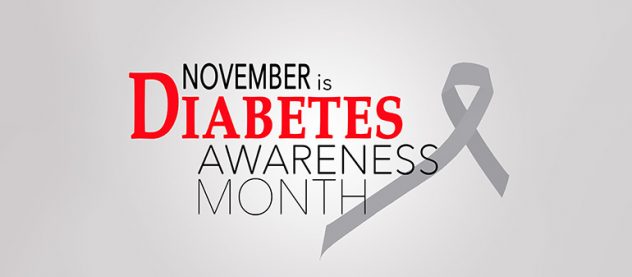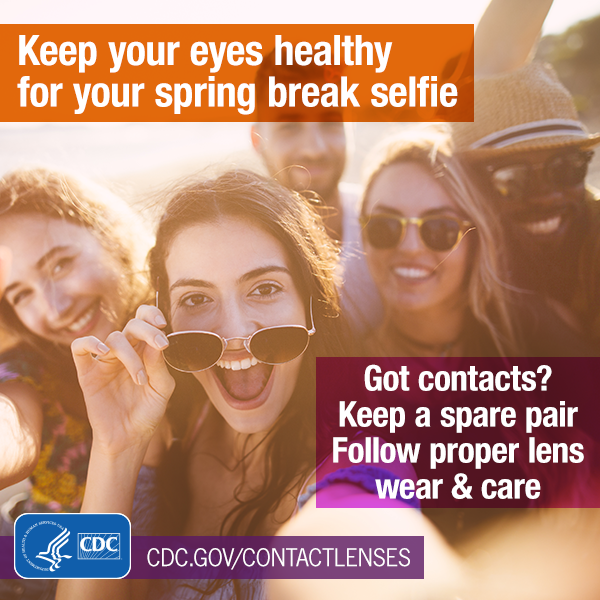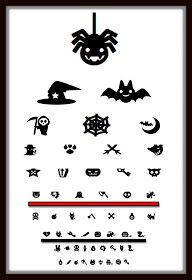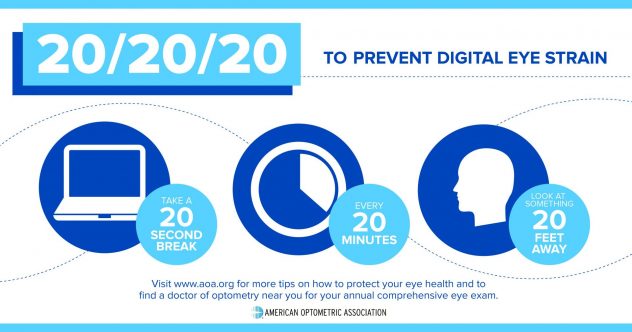Dr. Daniel Yamamoto & Dr. Tracie Inouchi offers tips to help protect your family from eye infections
As cold and flu season continues to show its ugly face in our communities, Dr. Daniel Yamamoto & Dr. Tracie Inouchi encourages families to practice good hygiene habits to prevent the spread of infectious disease, including conjunctivitis, also known as “pink eye,” which can be easily spread, especially this time of year.
What is conjunctivitis?
Conjunctivitis is an inflammation or infection of the conjunctiva, the thin transparent layer of tissue that lines the inner surface of the eyelid and covers the white part of the eye. Conjunctivitis is a common eye disease, especially in children, and because it is contagious, it usually starts in one eye and spreads to the other, affecting both eyes.
If your child has conjunctivitis, he or she may experience the following symptoms:
- A gritty feeling in one or both eyes
- Itching or burning sensation in one or both eyes
- Excessive tearing
- Discharge coming from one or both eyes, usually causing the eyes to be “sticky” upon awakening.
- Swollen eyelids
- Pink discoloration to the whites of one or both eyes
- Increased sensitivity to light
What causes conjunctivitis?
“Conjunctivitis is commonly caused by contagious viruses associated with the common cold,” said Dr. Inouchi “This type of pink eye can be spread easily, especially among children in school, due to their close proximity to others. However, it’s usually a minor infection and can be treated easily. Conjunctivitis can also occur from a bacterial infection, which can happen if someone touches their eye with unclean hands or if they were using contaminated cosmetics or other facial products.”
In addition, conjunctivitis can be caused from irritants and chemicals (pollen, smoke, and chlorine in swimming pools) or allergens (pet dander or dust mites).
How is conjunctivitis treated?
“The appropriate treatment for conjunctivitis depends on its cause,” said Dr. Inouchi. “Conjunctivitis caused by a viral infection can’t be treated with antibiotics; it simply has to run its course, like with the common cold. Cool compresses, extreme care with hygiene, and artificial tear solutions are effective home remedies.”
Bacterial conjunctivitis is usually treated with antibiotic eye drops or ointments prescribed by your eye doctor. Patients could see improvement after three of four days of treatment, but the entire course of antibiotics must be taken to prevent the bacteria from mutating and the conjunctivitis from returning.
Preventing conjunctivitis
Practicing good hygiene habits, including the steps below, is the best way to control the spread of conjunctivitis: Cover your mouth when coughing or sneezing and do not touch or rub your eyes with your hands (coughing into the middle arm/sleeve helps to prevent spread through hands).
- Regularly disinfect surfaces such as countertops, bathroom vanities, and door handles with an appropriate antibacterial cleaner.
- Wash your hands thoroughly and frequently and try to avoid touching the eyes or mouth.
- Change your towel and washcloth daily, and don’t share them with others. If one eye is infected, don’t use the same cloth on the other eye.
- Replace liquid forms of eye makeup and wash makeup brushes with antibiotic soap products.
- Don’t use anyone else’s personal eye care items (mascara, etc.)
If you suspect your child has conjunctivitis, Dr. Daniel Yamamoto & Dr. Tracie Inouchi can determine if he or she has the infection and advise you on treatment options. To make an appointment with Dr. Daniel Yamamoto or Dr. Tracie Inouchi call (808) 949-2662.
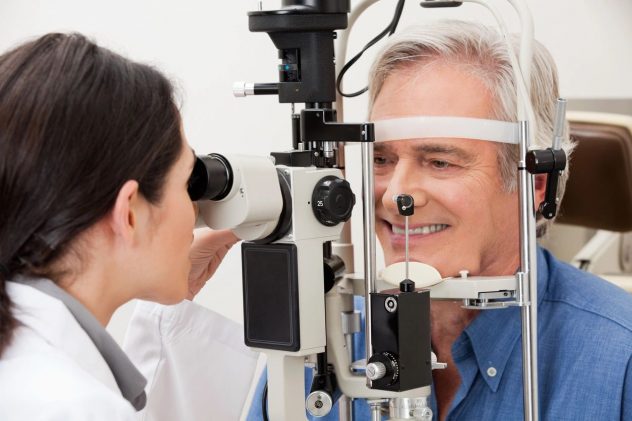

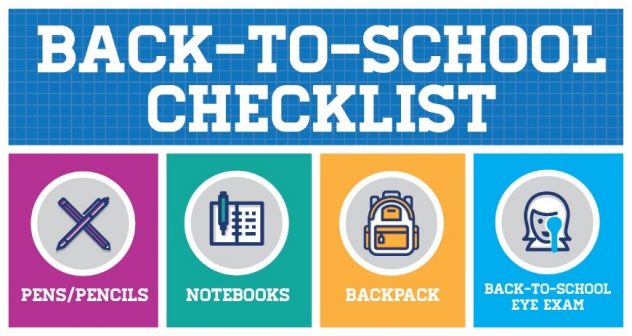 Blurry vision is not the only reason to have an eye exam. Your child could have difficulty using both eyes together, a critical reading skill, and you might not know. Back to school means it’s time to get a comprehensive eye exam. Also, much of a child’s learning is visual. How well can your child see? If you don’t know, it’s time for a comprehensive eye exam.
Blurry vision is not the only reason to have an eye exam. Your child could have difficulty using both eyes together, a critical reading skill, and you might not know. Back to school means it’s time to get a comprehensive eye exam. Also, much of a child’s learning is visual. How well can your child see? If you don’t know, it’s time for a comprehensive eye exam.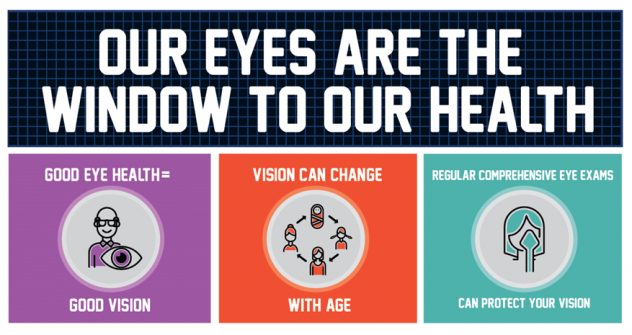
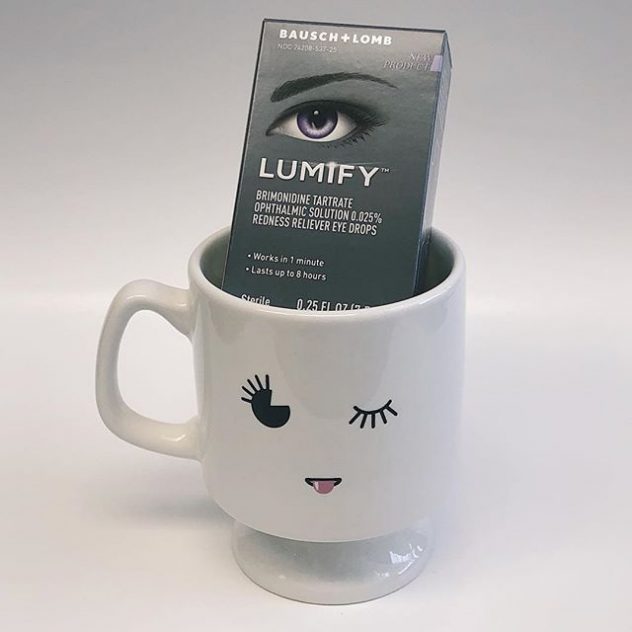

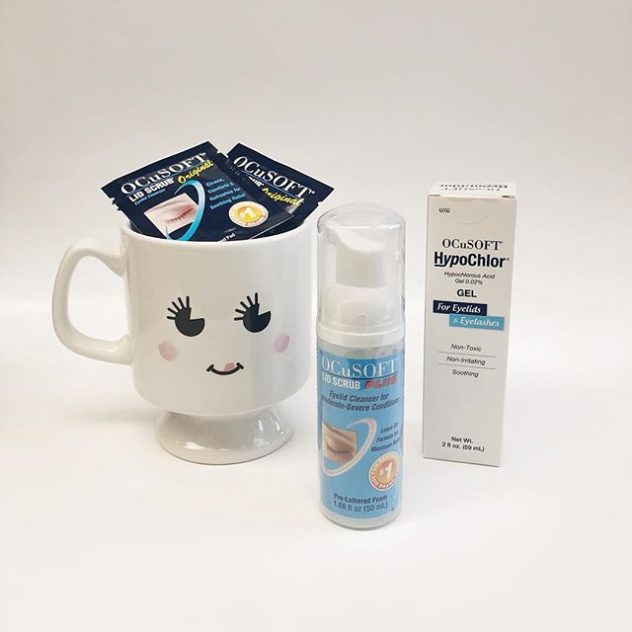

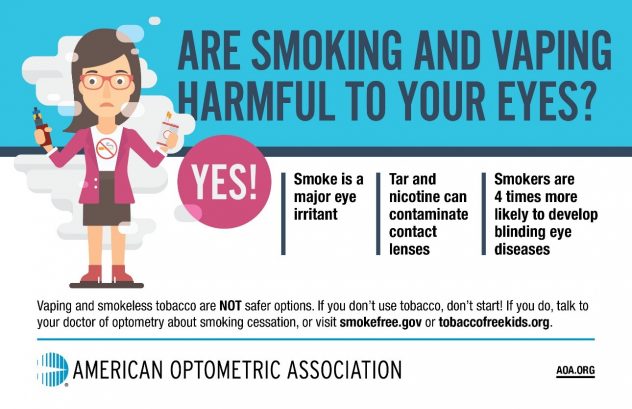 Quitting smoking isn’t easy. It takes time. And a plan. You don’t have to stop smoking in one day. Start with day one. Let the
Quitting smoking isn’t easy. It takes time. And a plan. You don’t have to stop smoking in one day. Start with day one. Let the 